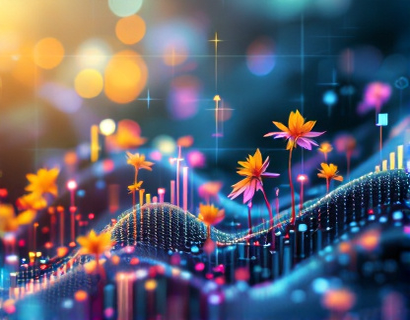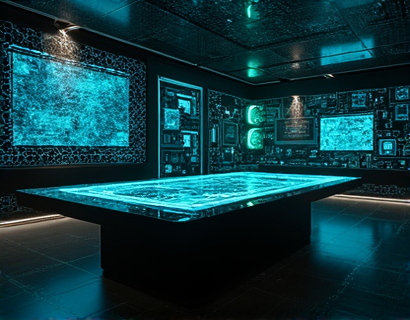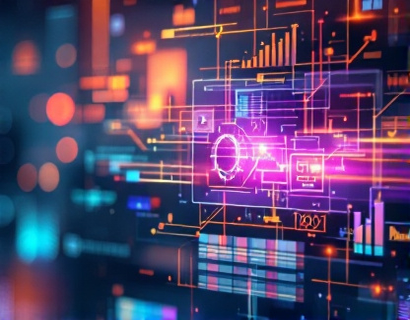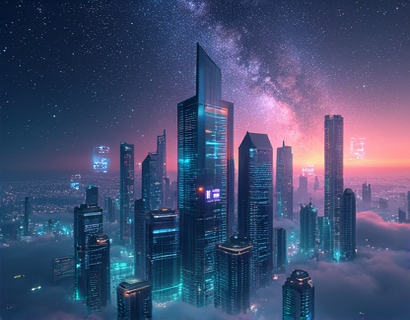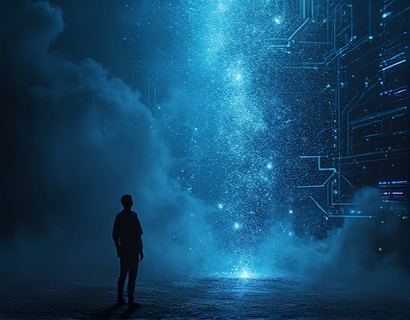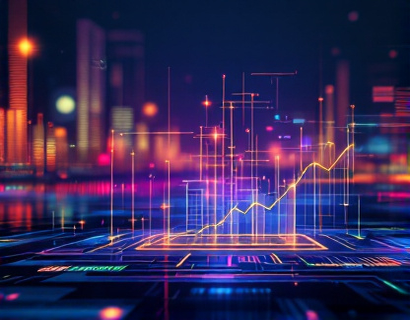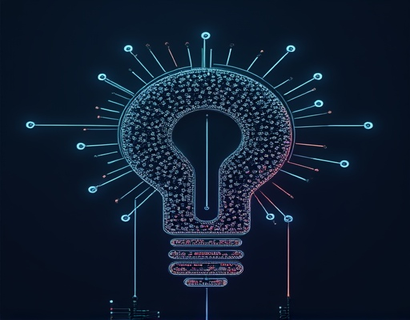AI-Powered Music Composition: Transforming Creativity with Intelligent Software
The integration of artificial intelligence in music composition is revolutionizing the way artists and producers create music. This technological advancement offers a new dimension to the creative process, merging human intuition with machine learning algorithms to produce innovative and high-quality soundscapes. For both professional artists and emerging creators, AI-powered music composition tools are becoming indispensable, streamlining the music-making process and enhancing the overall sound quality.
The evolution of music technology has always been driven by the desire to simplify and expand creative possibilities. From the invention of the synthesizer to the development of digital audio workstations, each breakthrough has opened new doors for musicians. Today, AI is taking this evolution to the next level by providing intelligent software that not only assists in composition but also in production and enhancement of music. This article delves into the transformative impact of AI on music creation, exploring how these tools are reshaping the artistic journey and unlocking new creative potentials.
Understanding AI in Music Composition
AI in music composition involves the use of algorithms and machine learning models to generate musical ideas, assist in arrangement, and even create entire tracks. These systems are trained on vast datasets of musical compositions, allowing them to understand patterns, structures, and styles across various genres. The core of AI music composition lies in its ability to analyze and synthesize musical elements, providing artists with new inspiration and tools to enhance their work.
One of the primary ways AI contributes to music composition is through melody generation. By analyzing existing melodies, AI can create new ones that fit specific musical contexts. This capability is particularly useful for artists who may struggle with writer's block or want to explore different musical directions. AI can also assist in harmonization, creating complementary chords and parts that enrich the overall sound.
Another significant application of AI in music is in the area of sound design. AI algorithms can generate unique sounds and textures by manipulating waveforms and applying various effects. This not only saves time but also opens up possibilities for sounds that might be difficult or impossible to create manually. For producers, this means having a virtually endless palette of sonic options to work with, enhancing the creative process and the final product.
Enhancing Creativity with AI Tools
The creative process in music composition is deeply personal and often intuitive. However, AI tools can complement this process by providing new avenues for exploration and inspiration. One of the key benefits of AI in music creation is its ability to offer suggestions and ideas that might not have been considered otherwise. For instance, an AI can analyze a partial composition and propose alternative melodies or chord progressions, sparking new creative paths.
Moreover, AI can help in overcoming creative barriers. When faced with a challenging section or a specific musical goal, artists can use AI to generate variations or complete sections, providing a fresh perspective. This collaborative approach between human creativity and machine intelligence can lead to breakthroughs that might not have been possible through traditional methods alone.
Intuitive user interfaces are crucial in making AI tools accessible to musicians of all skill levels. Many AI music composition software are designed with user-friendly interfaces that allow artists to interact with the technology seamlessly. These interfaces often include drag-and-drop functionality, real-time feedback, and visual representations of musical data, making it easier for users to experiment and refine their ideas.
Streamlining the Music-Making Process
One of the most significant advantages of AI in music composition is its ability to streamline the entire production process. From initial idea generation to final mixing and mastering, AI tools can handle various stages, saving time and reducing the workload for artists and producers. This efficiency allows creators to focus more on the artistic aspects of their work, rather than getting bogged down in technical details.
For example, AI can assist in arranging a track by automatically placing instruments and adjusting their levels to create a balanced mix. It can also help in tuning and pitch correction, ensuring that every note is perfect. These features not only save time but also improve the overall quality of the music, as AI algorithms can often achieve a level of precision that is challenging for humans to maintain consistently.
Additionally, AI can facilitate collaboration by allowing multiple users to work on the same project simultaneously. Cloud-based AI music composition platforms enable artists and producers to share and integrate their work in real-time, breaking down geographical barriers and fostering a more collaborative creative environment.
Elevating Sound Quality
Sound quality is a critical aspect of music production, and AI tools are making significant strides in this area. Advanced algorithms can analyze and enhance the audio signal, removing noise, correcting imperfections, and optimizing the overall sound. This is particularly beneficial for independent artists and small production teams who may not have access to high-end studio equipment.
AI-powered mastering tools can analyze a mix and apply the necessary adjustments to achieve a professional sound. These tools can adjust levels, EQ, compression, and other parameters to ensure the music sounds great on various playback systems. This not only saves time but also ensures consistency across different platforms, from streaming services to physical media.
Furthermore, AI can assist in creating immersive audio experiences, such as 3D audio and spatial sound. By analyzing the spatial properties of a track, AI algorithms can place sounds in a virtual environment, creating a more engaging and realistic listening experience. This is especially relevant for the growing market of virtual and augmented reality applications in music.
Challenges and Considerations
While AI in music composition offers numerous benefits, it is essential to acknowledge the challenges and considerations associated with its use. One of the primary concerns is the potential loss of human touch and emotional depth in music. Critics argue that over-reliance on AI-generated content can lead to a homogenization of sound, where unique artistic expressions are overshadowed by algorithmically generated patterns.
Another challenge is the need for artists and producers to develop a deep understanding of the AI tools they use. While these tools are designed to be user-friendly, a basic knowledge of music theory and production principles remains crucial. AI can augment creativity but cannot replace the fundamental skills and intuition that define great music.
Ethical considerations also come into play, particularly regarding copyright and ownership of AI-generated content. As AI becomes more integrated into the creative process, questions about who owns the rights to AI-generated music will need to be addressed. The music industry will need to adapt its legal frameworks to accommodate these new realities.
The Future of Music Creation
The integration of AI in music composition is just the beginning of a transformative journey for the music industry. As technology continues to advance, we can expect even more sophisticated tools that further blur the lines between human creativity and machine intelligence. The future may see AI not only assisting in composition but also in live performance, where AI-driven instruments and virtual collaborators become commonplace.
For artists and producers, embracing AI tools can open up new creative horizons and enhance their artistic expression. By leveraging the strengths of both human creativity and AI capabilities, the next generation of music will be richer, more diverse, and more innovative than ever before. The key is to find the right balance, using AI as a powerful ally rather than a replacement for the human element in music.
In conclusion, AI-powered music composition is not just a trend but a fundamental shift in how music is created. It offers unprecedented opportunities for artists and producers to explore new sounds, streamline their workflows, and elevate their craft. As the technology continues to evolve, the potential for creative breakthroughs and artistic innovation is limitless.





